Title: Armoured Cable vs Shielded Cable: Making the Right Choice for Industrial Wiring Introduction: In the world of industrial wiring, two options often arise when it comes to protecting cables: armoured cable and shielded cable. Both serve the purpose of enhancing the durability and reliability of electrical systems, but there are key differences that make each suitable for specific applications. This article aims to provide an overview of both armoured cable and shielded cable, highlighting their respective advantages and considerations to help businesses make an informed decision for their wiring needs. 1. Armoured Cable: Armoured cable, as the name suggests, is specifically designed with an additional layer of protection in the form of a metal sheath. This metal layer can be made of aluminum, steel, or a combination of both. Here are some key points to consider: a) Enhanced Mechanical Protection: Armoured cables are ideal for installations where cables are exposed to external physical forces, such as impacts, tension, or rodent damage. The metal sheath provides excellent resistance to these external factors, ensuring the integrity of the cables.
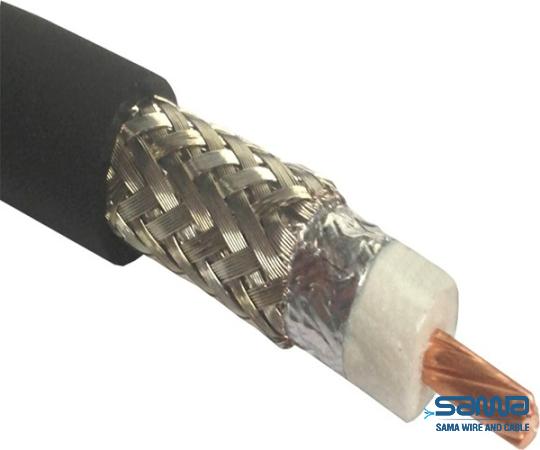
.
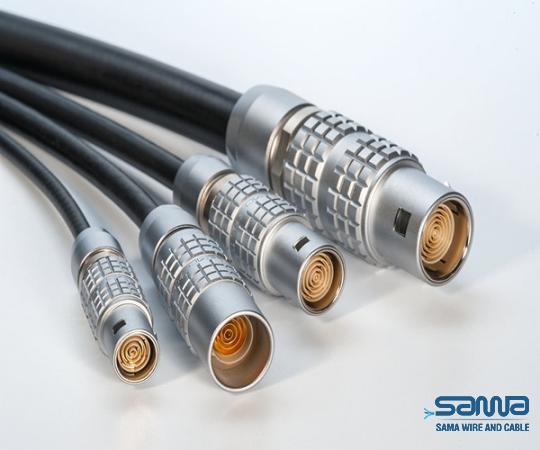 b) Environmental Protection: Armoured cables are best suited for outdoor or underground installations, where they are exposed to moisture, UV radiation, or extreme temperatures. The metal sheath acts as a barrier, protecting the cables from these harsh environmental conditions. c) Increased Fire Resistance: Armoured cables are inherently more fire-resistant compared to shielded cables. This is due to the metal sheath, which prevents the spread of fire along the cable length, offering greater safety in hazardous environments. 2. Shielded Cable: Shielded cable, on the other hand, incorporates a metal conductor or a foil shield surrounding the inner insulated conductors. This shield acts as a barrier against electromagnetic interference (EMI) and radio frequency interference (RFI). Let’s explore some advantages of shielded cables: a) EMI and RFI Protection: Shielded cables are particularly beneficial in applications where electrical noise from nearby equipment or external sources can interfere with sensitive electronic systems.
b) Environmental Protection: Armoured cables are best suited for outdoor or underground installations, where they are exposed to moisture, UV radiation, or extreme temperatures. The metal sheath acts as a barrier, protecting the cables from these harsh environmental conditions. c) Increased Fire Resistance: Armoured cables are inherently more fire-resistant compared to shielded cables. This is due to the metal sheath, which prevents the spread of fire along the cable length, offering greater safety in hazardous environments. 2. Shielded Cable: Shielded cable, on the other hand, incorporates a metal conductor or a foil shield surrounding the inner insulated conductors. This shield acts as a barrier against electromagnetic interference (EMI) and radio frequency interference (RFI). Let’s explore some advantages of shielded cables: a) EMI and RFI Protection: Shielded cables are particularly beneficial in applications where electrical noise from nearby equipment or external sources can interfere with sensitive electronic systems.
..
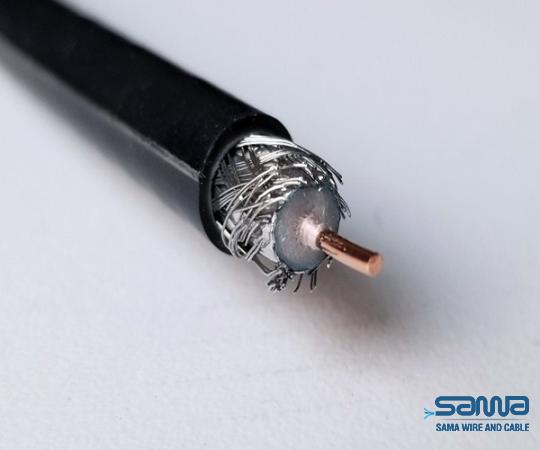 The shield effectively reduces the impact of EMI and RFI, ensuring signal integrity and reducing the risk of data corruption. b) Signal Quality and Reliability: By minimizing electromagnetic interference, shielded cables ensure that signals, especially those in high-speed or long-distance transmission scenarios, maintain their quality consistently. This aspect is crucial in industries such as telecommunications, industrial automation, and healthcare. c) Flexibility in Design: Shielded cables offer more flexibility in design and installation since they do not require the additional protection offered by armoured cables. This makes them a more lightweight and cost-effective solution in certain applications, particularly where physical protection is less of a concern. Conclusion: Selecting the right cable for industrial wiring is crucial to ensure the smooth and reliable operation of electrical systems.
The shield effectively reduces the impact of EMI and RFI, ensuring signal integrity and reducing the risk of data corruption. b) Signal Quality and Reliability: By minimizing electromagnetic interference, shielded cables ensure that signals, especially those in high-speed or long-distance transmission scenarios, maintain their quality consistently. This aspect is crucial in industries such as telecommunications, industrial automation, and healthcare. c) Flexibility in Design: Shielded cables offer more flexibility in design and installation since they do not require the additional protection offered by armoured cables. This makes them a more lightweight and cost-effective solution in certain applications, particularly where physical protection is less of a concern. Conclusion: Selecting the right cable for industrial wiring is crucial to ensure the smooth and reliable operation of electrical systems.
…
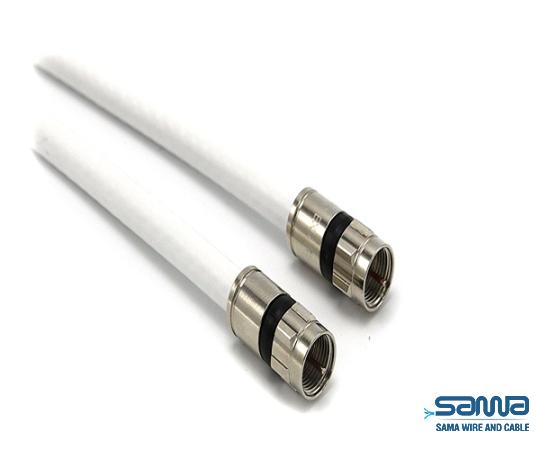 Armoured cables offer enhanced mechanical protection, environmental resilience, and fire resistance, making them suitable for outdoor and high-risk installations. Shielded cables, on the other hand, excel in shielding against EMI and RFI, making them ideal for sensitive electronic systems. Ultimately, understanding the specific requirements of the application, such as environmental conditions, potential interference sources, and the level of physical protection needed, will guide businesses in making an informed decision between armoured cables and shielded cables. Consulting with experts and considering the long-term costs and benefits will help ensure the right choice is made, guaranteeing a robust and reliable electrical infrastructure.
Armoured cables offer enhanced mechanical protection, environmental resilience, and fire resistance, making them suitable for outdoor and high-risk installations. Shielded cables, on the other hand, excel in shielding against EMI and RFI, making them ideal for sensitive electronic systems. Ultimately, understanding the specific requirements of the application, such as environmental conditions, potential interference sources, and the level of physical protection needed, will guide businesses in making an informed decision between armoured cables and shielded cables. Consulting with experts and considering the long-term costs and benefits will help ensure the right choice is made, guaranteeing a robust and reliable electrical infrastructure.
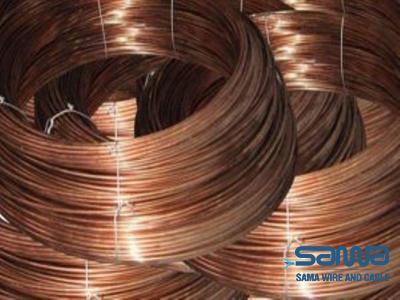
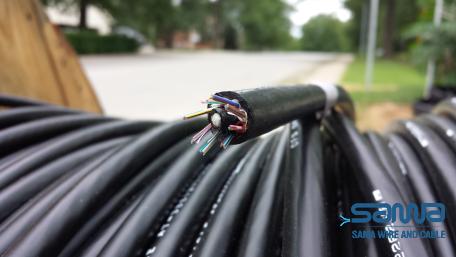
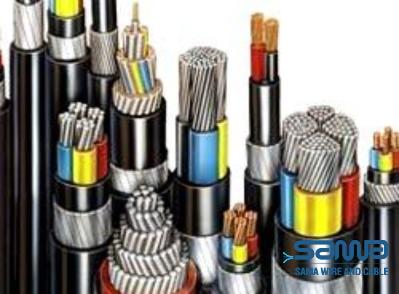
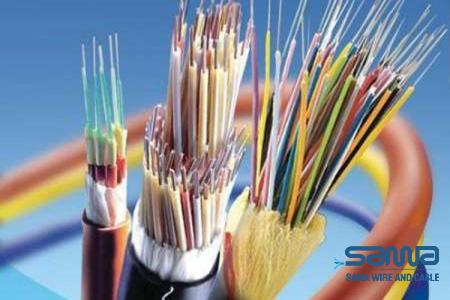
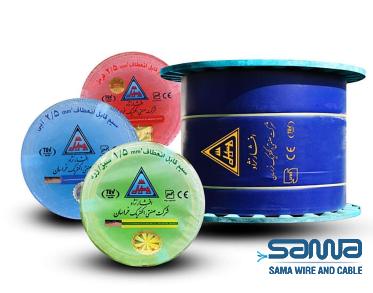
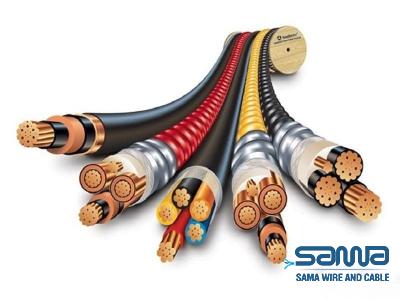
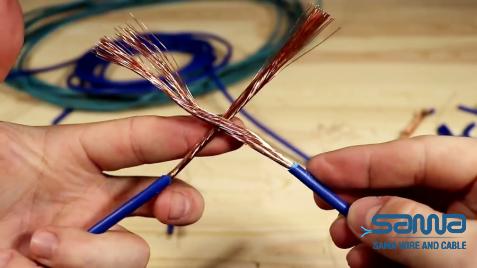
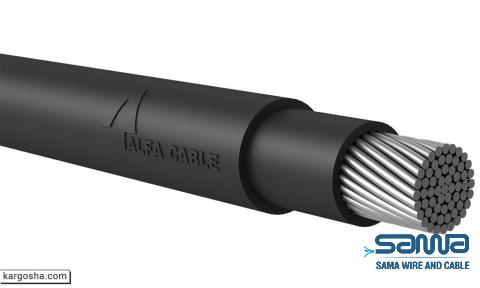
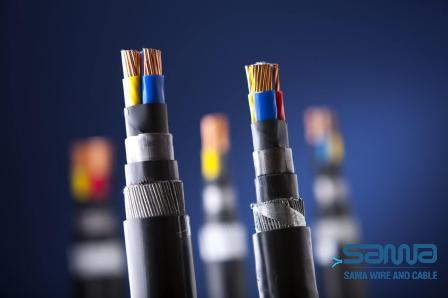
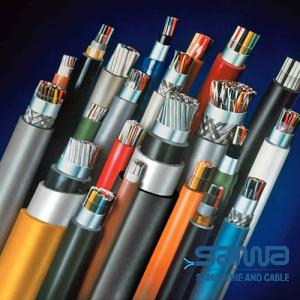
Your comment submitted.